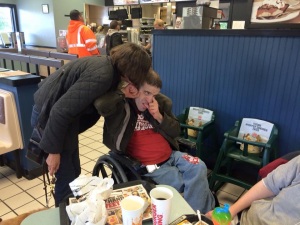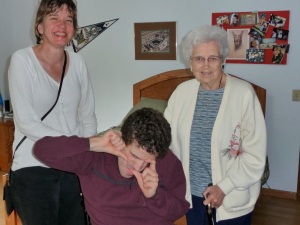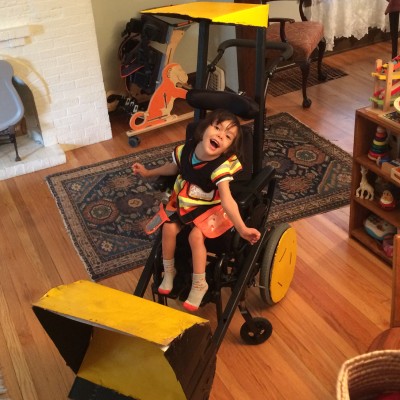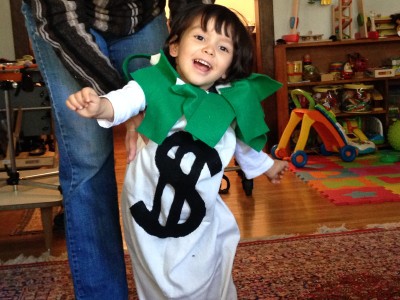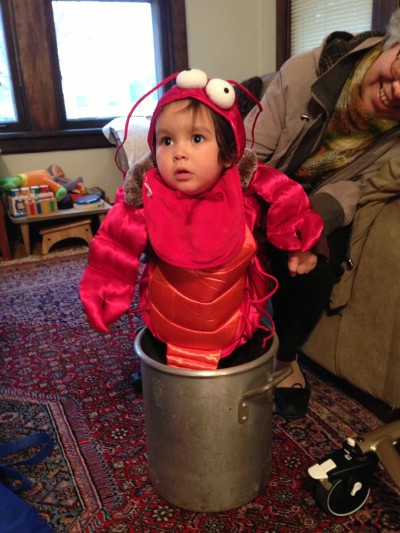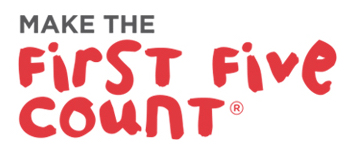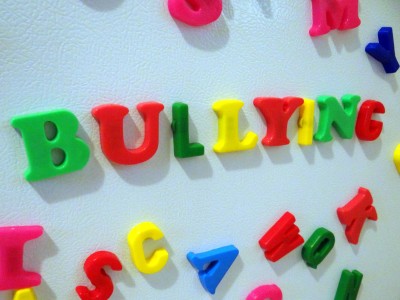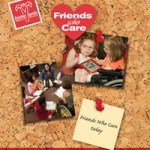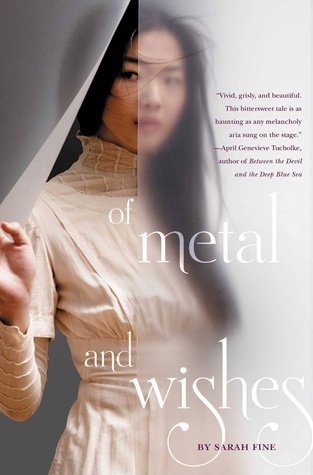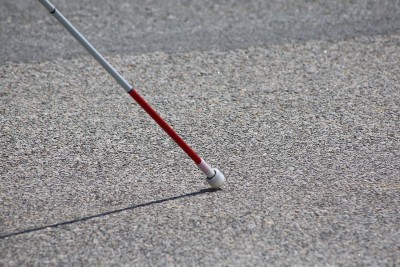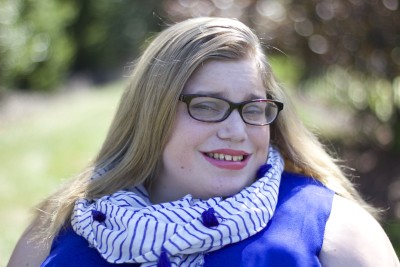Could I have done more to stop the bullying? Stop a suicide?
by Elsa Remak
Here’s our PR-Communications intern Rachel Gaddis with a very personal, poignant blog post about bullying.
Words
by Rachel Gaddis
I didn’t go to her funeral.
The funeral was 450 miles away, so I just sat on a ratty, freshman dorm couch and cried. I felt sick, broken and angry, but most of all I felt regret.
They didn’t believe she had planned it. It was spontaneous, they said. She just reached her breaking point. She believed the voices that belittled her to the point where she took her own life. My voice? It never found her ears. I had not said a word.
I found a picture of us sitting together from earlier in the year, before I graduated and moved away to college. We were leaning in close, her smile and mine almost touching. How could she not know?
But I didn’t tell her.
Three years later, I still remember how people would roll their eyes at things she said. I just wish I could hear her voice now. What was it they had found so repulsive? So annoying? She was a miracle, considering her biological parents had abused drugs. She was incredibly high functioning, merely diagnosed with ADHD.
I thought I was doing enough by not joining in on the bullying. She wasn’t there to hear what they said, and I thought she would never know. I was wrong.
Could I have even handled going to the funeral? What would it have been like, my eyes level with her casket at the altar of the church, [feeling like] I was partly responsible? Packed in a pew full of people cloaked in black, I would be the one wearing regret. How many people there wished she were still there?
I was told the church had filled, and the pastor had spoken beautifully. But did she know these things? And so what if she did? No matter how many people were there, and whatever the pastor said the day of her funeral, those words wouldn’t bring her back.
Words. Words we should have spoken sooner rather than later.
Maybe worse than sticks and stones are the words people throw, whether carelessly or cruelly. The scars of words are easier to hide, but they are much harder to heal. Words can be burned on your mind forever. Faces may fade, but words are the thing I still find fresh. Sometimes they are hurtful words reaching farther back than junior high.
How long could I have endured it, if it were me? She just absorbed those words day after day for months.
Her peers had been relentless with their bullying — at school, on the bus, at church. Did anyone know what she was going through? I mean really know?
What I want to know is this: How many people now felt like me? Who else felt that all they deserved was to sit on an unraveling couch and remember all the times they could have said, “I love you,” “You are precious,” “You are valuable”? All the times that they–that I–could have rebuked others’ careless and cruel words.
Maybe worse than sticks and stones are words unspoken. If I had told her what I thought of her, would she still be here? I wish I had told her that she had been so wrong to believe the hurtful things others had said about her.
Three years later, this month, I wish I could say she were still here.
Related Resources from Easter Seals
If you’re a young woman with a disability looking for an online support network and source for empowering advice, then try Easter Seals Thrive.
If you’re a veteran or a relative of a veteran and need confidential help, then dial the Veterans Crisis Line at 1-800-273-8255.







